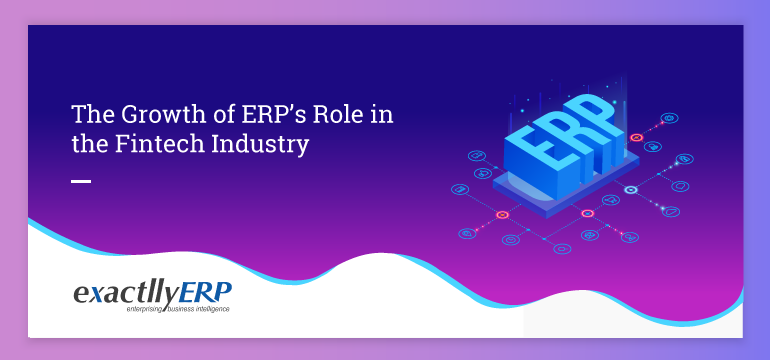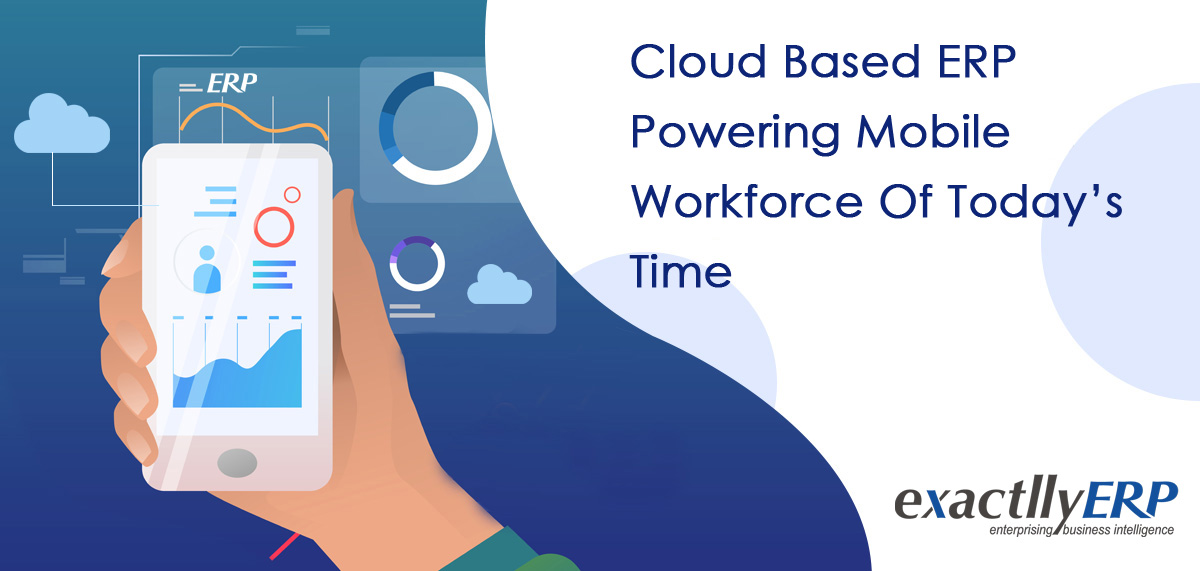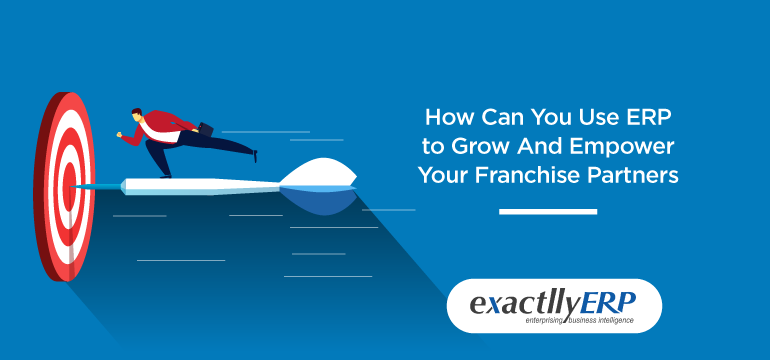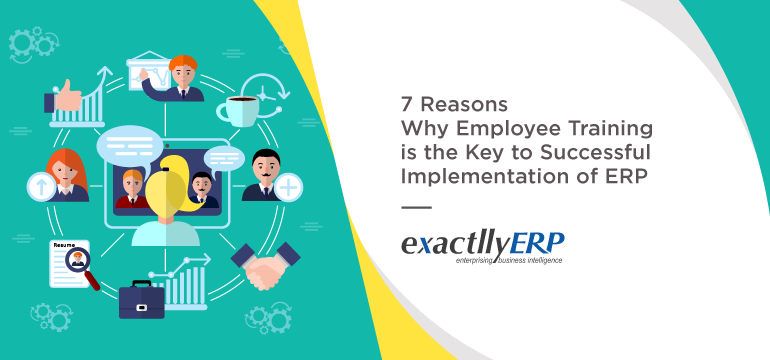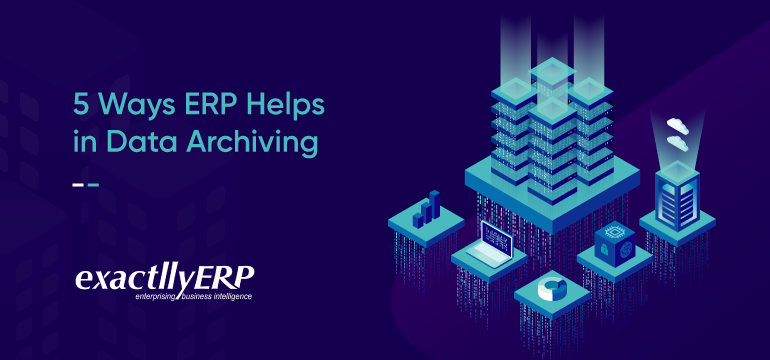7 Ways How ERP Software Benefits Textile Industry
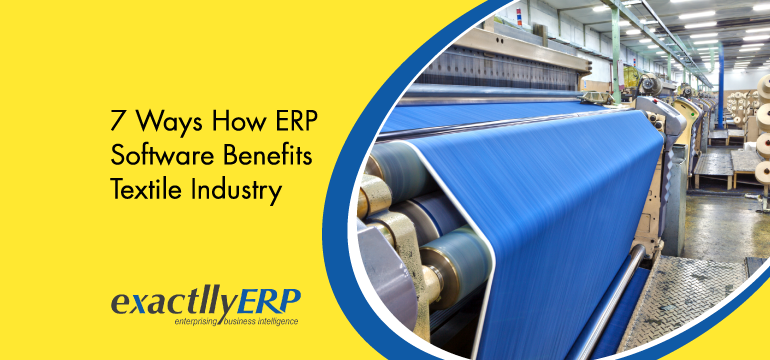
The textile industry has been flourishing throughout the globe for centuries and although drastic changes may not be apparent in the way that they operate, the management of processes such as manufacturing, distribution, sales and accounting, has taken a complete U-turn for the better. The adoption of ERP software benefits these apparel companies in handling their businesses efficiently, by organizing transactions onto a consolidated data processing platform.
At the most elementary level, the textile industry comprises operations such as inventory management, acquisition of raw materials, quality control and payroll management. The incorporation of ERP in the apparel industry can be carried out across a vast array of textile manufacturing streams such as weaving mills, fabric spinners and garment manufacturers, each of which would benefit from having an ERP solution in place, to maintain consistent standards of excellence and better sales turnovers.
The following aspects help in providing insight into the advantages of acquiring an ERP in the apparel industry.
1. Streamlined Manufacturing Facilities:
One of the biggest challenges encountered by textile industries is that of managing raw material efficiently. Without the assistance of ERP solutions, companies are faced with complex situations where the procurement of excess raw materials could cause liabilities on them, whereas insufficiency of acquiring the same may lead to delays in the fulfilment of bulk orders.
ERP software automates the process of calculating not only an accurate estimate of the raw materials required but also the cost that it would incur to the owners and the revenue to be expected from the transaction.
In order to increase the brand value of an organization, it is also extremely necessary to pay attention to the quality of raw material procured and the condition of finished goods. ERP software benefits the administration by providing real-time information on various fronts of the manufacturing process, such as stitching, dyeing, printing, labelling and packing, to be effectively carried out under compliance with quality control standards.
With the market being driven by popularised brand value, minute details such as self-designed tax invoices and customized product labels, price tags, bar codes, etc. can also be incorporated into ERP systems in order to attract customer sales.

2. Easy Handling of Payments and Receipts:
Cost accounting can be a major hassle for many enterprises as they struggle with managing numerous clients at the same time, assemble multiple orders within different price ranges and generate bills and receipts for a wide array of products. Similar products are transported to different customers at the specific rates agreed upon.
Creating a multi-rate price list with particular discount schemes, keeping tabs on outstanding credit limits, bill adjustments &modifications and maintenance of sale & purchase ledgers are some of the quintessential characteristics of ERP in the apparel industry. Taxation and MIS reports can also be generated with the help of ERP, for enhanced analysis of financial liabilities and easy communication of payment information.
3. Merchandise Inventory Management:
In order to evade a crisis of excessive or bungled inventory, constant appraisal of the system is highly essential. ERP software benefits companies in the management of inventory by sorting merchandise as per a self-organized apparel matrix into categories of price, size, colour, style, vendor, etc.
The order of items is updated as per the market demand and fulfilment dates, while the sales are processed through algorithms to accurately maintain the overall profit calculations. In the event of future variations in manufacturing costs, logistics overhead or selling margins, modifications to the matrix make life easier for executives by simply entering new parameters, instead of tampering with software technicalities.
The final result leads to an efficient management system that minimizes unnecessary collateral risks due to market fluctuations.

4. Management of Supplier and Customer Queries:
By automating the process of manufacturing and inventory accounting, the sales and HR teams are able to better respond to supplier and customer queries. Not only can customer support access client data immediately, but it can also resolve issues relating to difficulties in supply chain management on the go.
Furthermore, ERP solutions can assist in harmonizing purchase orders from retail outlets and also accommodate the tracking of online transactions, while managing product delivery dates and calculating overall sales based on differential margin rates.
5. Improved Collaboration and Networking:
An ERP software collaborates multitudinous functionalities into one system, integrating or eradicating the need for other solutions along with it. The primary advantage of such a system is the conjoining factor of the data interface.
With different processes operating within the framework of the ERP, preliminary functions such as data entry, editing and transfer, storage encryption and information access become much simpler and swifter to perform.
Most systems being ingrained with e-mail, messaging, voice and video calling options, provide for better networking and communication among subordinates and superiors. The availability of such facilities eliminates the distance factor among employees and allows for uninterrupted assistance throughout operational hours.

6. Personalized Data Handling Platform:
Hiring a professional ERP service provider implies that the configuration of the software would be specific to the requirements of the organization. It is recommended that when investing in a long-term solution such as an ERP, the customization of technicalities must be carefully finalized so that the system is eventually compatible with the workplace and its workforce.
Having a personalized system ensures that the trademark style of the company is significantly highlighted and that it increases the overall efficiency of the workplace.
7. Mobile Data Access & Security:
Since all systems today are online, the handicap of working from a single location has been exterminated. Executives today are working round the clock to meet competitive targets, which demands that they have access to the system at their disposal.
Having ERP in the apparel industry facilitates the freedom of controlled data access to employees when making sales visits, on-site quality checks and financial audits while ensuring that the integrity of the system is intact. For any textile industry seeking to enhance profitability, a secure framework is a boon to expel the threat of corporate espionage.

The rebound of the textile industry has already been brought about with the introduction of ERP software. Be it garments, upholstery, industrial bags or any other form of fabrics, present-day manufacturing facilities face cutthroat opposition from one another.
As enterprises join the bandwagon, the trend to adopt a universal solution with respect to ERP in the apparel industry doesn’t seem to be running out of fashion anytime soon. So, its time you join the ride and reap the benefits of a trusted ERP too. Contact Us and get a Free Demo.



